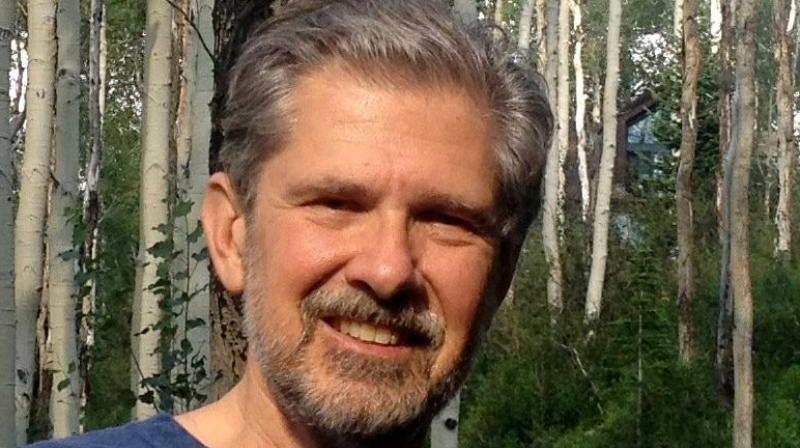Murder by family: Man swears revenge for family's death but it was own son
Imagine two people in your family who you love most. Now, imagine one of them murders the other.'

Washington: Lying on a hospital bed, his thorax punctured by a nine-millimeter bullet, Kent Whitaker vowed to take revenge on the person behind his family's brutal murders.
Today, Whitaker is fighting to save that same mastermind from a death sentence, for a particularly personal reason: it's his own son.
"Forgiveness was the last thing on my mind," the 69-year-old Texan said. "I couldn't fathom why this had happened, only that I wanted to hurt the masked shooter -- whoever he was -- as much as possible, as revenge for destroying my life."
That fatal night in December 2003 saw the family -- Whitaker, his wife Tricia and their two sons, Bart and Kevin -- return to their home in the upscale Houston suburb of Sugar Land, after a dinner Bart said was to celebrate his upcoming university graduation.
But they were met with carnage: a sniper ambushed the four, killing Tricia, 51, and Kevin, 19, and leaving the father seriously wounded. The elder son Bart took a bullet to the arm.
Overwhelmed with anger and shock, it was Whitaker's faith that helped him curb his desire for vengeance.
"I was wrestling with my faith," he said. "And was mad at God -- not just for allowing this to happen, but it seemed to me that it contradicted some promises in the Bible that I was forced to question."
'Miracle' forgiveness
"But God met me in the hospital room on the night of the shootings and helped me arrive at a 'miracle' forgiveness for everyone involved," he said.
"Long before I ever even suspected that that forgiveness might extend to my own son."
It would take more than a year for authorities to conclude that the director of the savage attack was none other than the surviving son, whose injury was intentional to throw investigators off the scent.
Bart had hired a gunman, instructing him to take out his family, for whom he had cultivated hatred. Prosecutors would accuse him of wanting to seize an inheritance he estimated to be USD 1 million.
For seven months, the young man lived with his father, who stood by his son even after police pinpointed him as a suspect in the murder plot.
Investigators quickly dropped their earlier assumption that the tragic incident had been a burglary gone wrong: nothing had disappeared, except Bart's cell phone. There was no evidence of a break-in.
The probe led officials to discover the surviving son had in fact never been enrolled in college -- it was but a detail in his murderous scheme.
Sensing police might be on his tail, Bart fled to Mexico in 2004 and assumed a false identity.
A year later, one of his accomplices finally confessed. Bart was arrested in September 2005 and extradited to the United States.
Kill the remaining son?
Bart was condemned to death in March 2007, despite his father's pleas to spare his life.
"I was crushed and have worked for years to process the loss of my wife and son through therapy -- and then had to include more counselling to wrestle with might happen in the future," Whitaker said.
"Now that that future is here, I am faced with more trauma and loss from his upcoming execution."
Whitaker's convicted son, who is now 38, is to receive a lethal injection on February 22. Prison guards say he is a model inmate, helpful and altruistic.
"Bart has matured," said Whitaker, who documented his heartbreak in the book "Murder by Family." He said his son has taken anger management and religion classes, completed his undergraduate degree, and has nearly wrapped a master's course.
Bart's attorneys have exhausted their legal options to shield him from death row; his fate is now in the hands of the state's governor, who could commute the death sentence.
"This case is unique," said his lawyer Keith Hampton. "Imagine two people in your family who you love most. Now, imagine one of them murders the other. There must be punishment."
"But would you prefer execution?" he continued. "What if that person was your only remaining child?"

